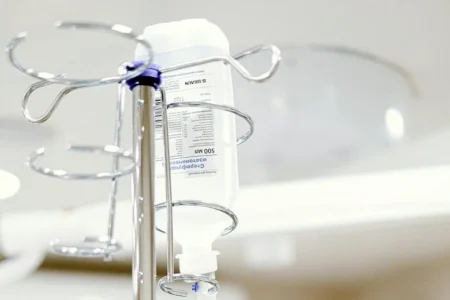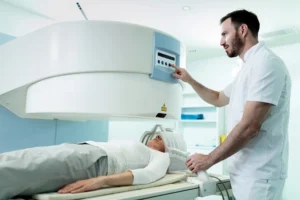Common Surgical Errors: How They Can Lead to Medical Negligence
- Updated on: Aug 30, 2024
- 2 min Read
- Published on Aug 30, 2023

Not only can these errors lead to legal action being taken, but they can also result in emotional distress and long-term injuries. In this article, we take a look at some of the most common surgical errors and why they can lead to medical negligence.
Delays in treatment
When a patient requires life-saving surgery, their doctor must ensure this is arranged as soon as possible. If they fail to recognize the urgency or the surgery is delayed, they could be liable for medical negligence.
As an example, if a doctor fails to properly diagnose the symptoms of a stroke and recommend the correct surgical treatment, the patient could suffer more severe and irreversible symptoms. This is something that can be avoided with the right care and is the fault of the practitioner.
In the UK we’ve seen a large increase in the number of people waiting for hospital treatment and a reduction in cancer patients getting treatment within the 62-day standard waiting time. If a patient is not monitored closely and their condition deteriorates while waiting for surgery, the hospital may be liable for the damages.
Failure to manage the risk of infection
There are strict infection control measures that doctors and surgeons must adhere to prevent further medical complications. Infection is one of the biggest risks that can come from surgery and can result in sepsis, organ failure, and even death.
While management can vary, the most common procedures include ensuring all medical equipment is sterilized properly, prescribing appropriate antibiotics, and monitoring the wound through regular post-surgery check-ups. Failure to follow these can be classed as negligent behavior and the healthcare professional may be responsible.
Performing unnecessary and risky surgery
While less common than the other errors on this list, sometimes surgery is recommended when it isn’t necessary. Surgery should always be considered as a last resort if other more conservative treatment is appropriate.
With a higher risk of life-threatening complications, patients are more likely liable for medical negligence should any issues transpire. For example, a patient with carpal tunnel syndrome may have been given surgery that has made the condition worse when anti-inflammatory medication or a wrist splint would have been more effective.
Alternatively, a doctor may have reviewed the wrong file, giving surgery to the wrong patient. or they may have failed to keep up with developing medical information and so are not aware of other possible treatments.
The same goes for when a patient is in need of surgery and a doctor fails to recommend or refuses a certain treatment.












